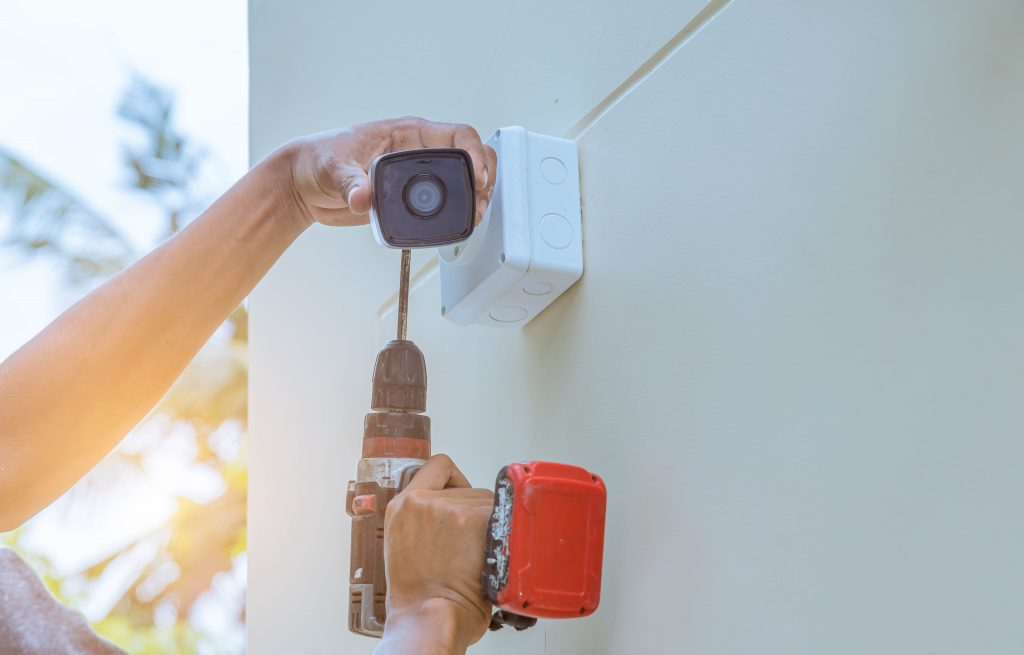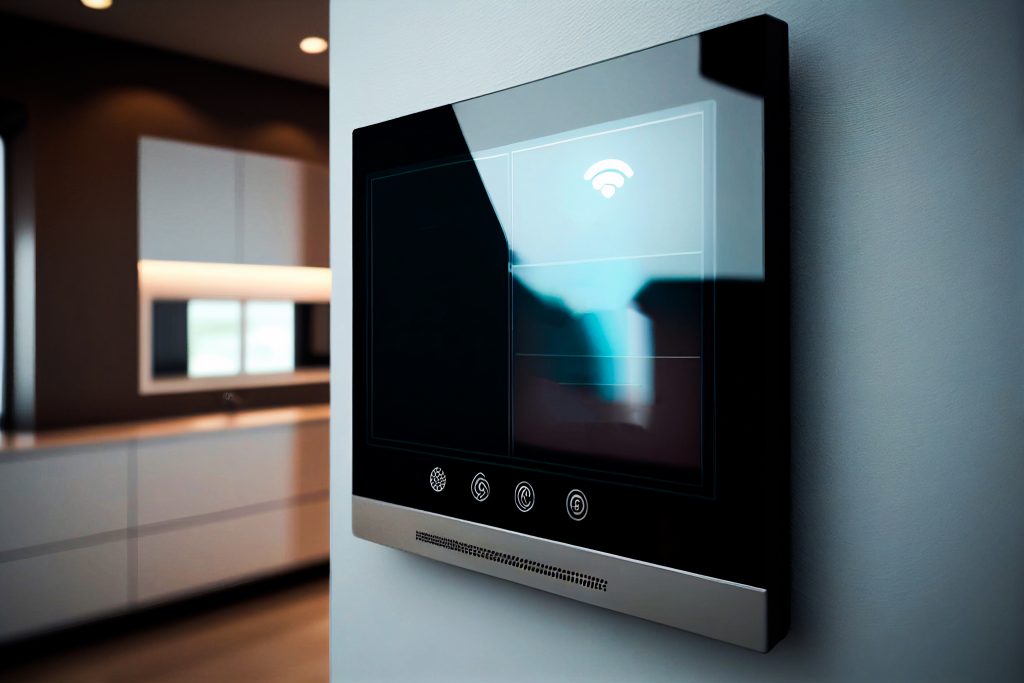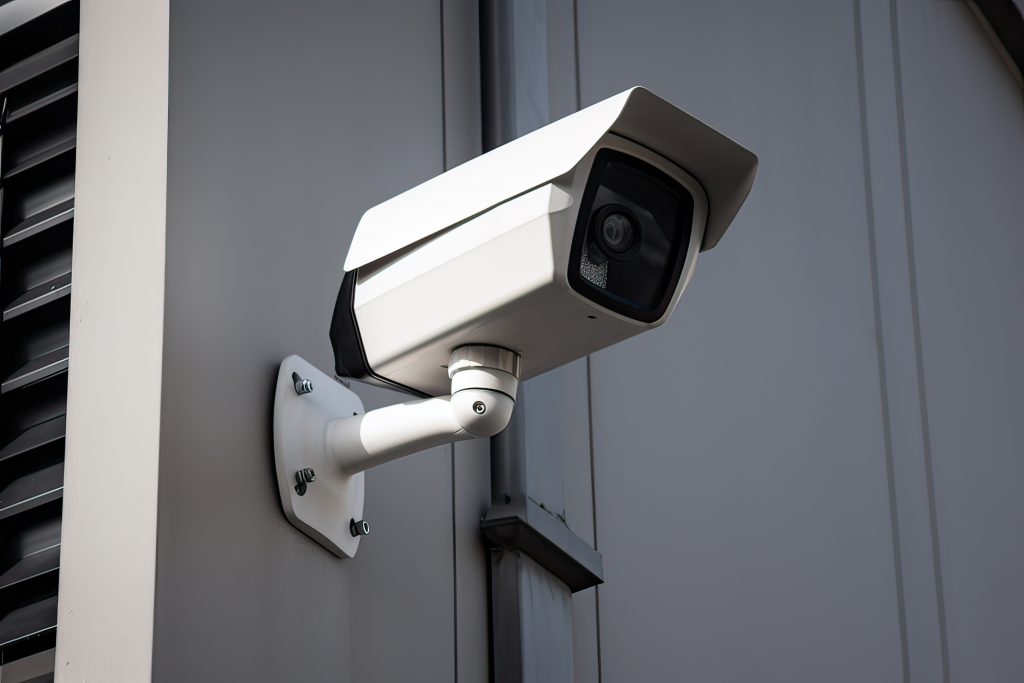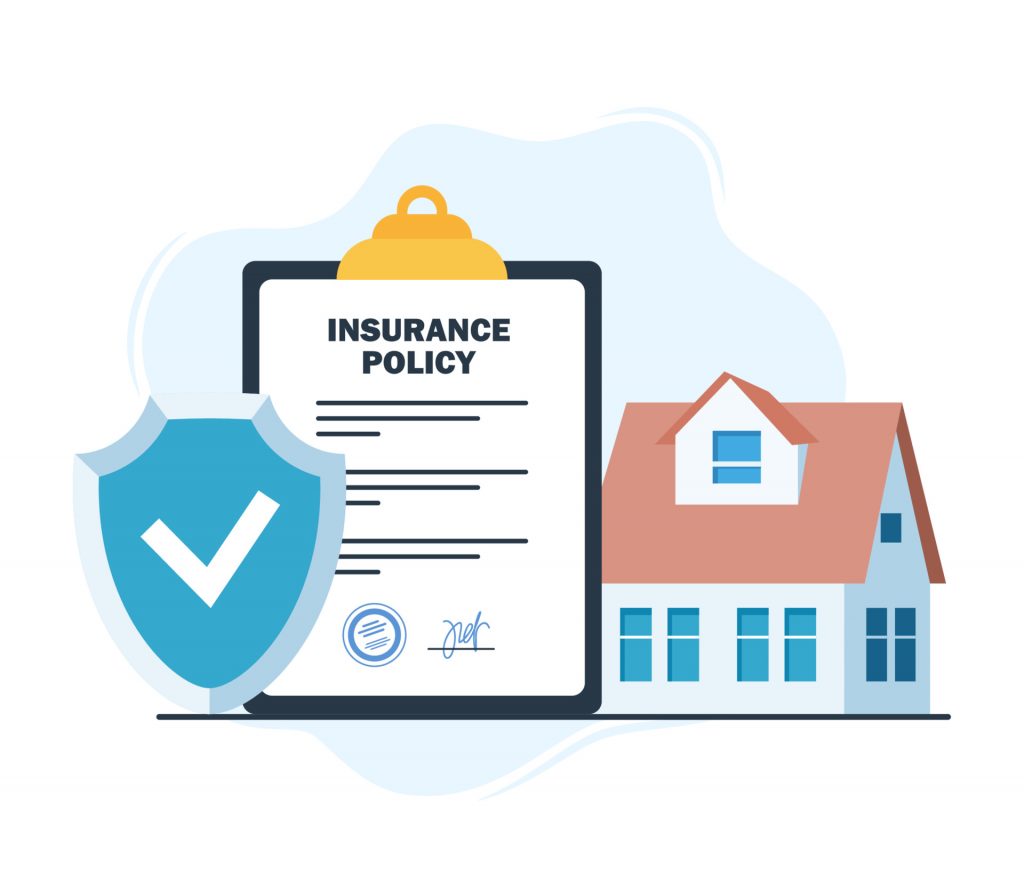Does a Home Security System Lower Insurance?

Protecting our homes and loved ones is a top priority for homeowners. One effective measure that homeowners can take to enhance their security is the installation of a home security system. Apart from providing peace of mind, many wonder if having a home security system can lead to reduced insurance premiums. In this article, we will delve into the topic and explore whether a home security system can lower insurance costs, the underlying reasons, the impact of specific security systems, additional factors to consider, and why you should contact Robinson and Stith Insurance in North Carolina for your homeowners insurance needs.
The Impact of Home Security Systems on Insurance Premiums
A home security system can indeed have a positive impact on insurance premiums. Many insurance companies offer discounts to homeowners who have installed security systems. The primary reason for this is that a home security system significantly reduces the risk of theft, vandalism, and property damage. By investing in a reliable security system, homeowners are actively taking steps to minimize potential losses, which translates into decreased insurance claims. Consequently, insurance companies are often willing to reward proactive homeowners with reduced premiums.
Reasons Why Home Security Systems Lower Insurance Premiums
Let’s explore some of the key reasons why home security systems can lead to lower insurance costs:

- Theft Deterrence: Home security systems act as a powerful deterrent to burglars and intruders. The presence of visible security measures, such as alarms, surveillance cameras, and motion sensors, makes it less likely for criminals to target homes with robust security systems in place. The decreased risk of theft and subsequent claims is a significant factor for insurance providers when determining premiums.
- Prompt Emergency Response: Many modern home security systems are integrated with monitoring services that provide round-the-clock surveillance. In the event of an emergency, these services can promptly alert the appropriate authorities, such as the police or fire department. The swift response time reduces the potential for extensive property damage and subsequent insurance claims, leading to lower premiums.
- Fire and Smoke Detection: Home security systems often include fire and smoke detectors, which can mitigate the risk of severe fire damage. Insurance companies recognize the importance of these systems in safeguarding homes against fire-related incidents. By reducing the likelihood of fire-related claims, insurance providers may offer lower premiums to homeowners with such systems.
Impact of Specific Home Security Systems
While any home security system can potentially result in insurance premium discounts, the extent of the discount may vary based on the specific features and capabilities of the system. Some factors that might influence the magnitude of the premium reduction include:

- Monitored vs. Unmonitored Systems: Insurance companies generally offer more significant discounts for professionally monitored systems. Monitored systems provide constant surveillance and immediate response capabilities, making them more effective in reducing risks. The assurance of professional monitoring adds an extra layer of security, which insurers value.
- Comprehensive Systems: Home security systems that incorporate multiple components, such as burglar alarms, surveillance cameras, motion sensors, and fire detectors, tend to yield more substantial insurance premium reductions. These comprehensive systems offer enhanced protection and minimize various potential risks, making them more attractive to insurance providers.
Additional Considerations
In addition to the above factors, there are a few additional considerations when it comes to the relationship between home security systems and insurance premiums:

- Insurance Policy Requirements: It’s crucial for homeowners to review their insurance policy to understand the specific requirements and qualifications for premium discounts related to home security systems. Some insurers may have specific guidelines regarding approved security system brands, certifications, or monitoring contracts. Understanding these requirements can help homeowners choose the right system that aligns with their insurance provider’s expectations.
- Cost-Benefit Analysis: While the potential savings on insurance premiums can be enticing, it’s important to weigh the upfront cost of installing a home security system against the long-term insurance savings. Homeowners should consider their budget, the value of their property, and their location to determine the most suitable security system that meets their needs.
- Insurance Providers: Different insurance companies may have varying policies regarding discounts for home security systems. It’s advisable to compare quotes and coverage options from multiple insurers to find the best deal. Robinson and Stith Insurance in North Carolina are experts in homeowners insurance and can provide valuable guidance and support in finding the right policy for your needs.
Contact Robinson and Stith Insurance
Investing in a home security system not only enhances the safety of your home and loved ones but can also result in lowered insurance premiums. By reducing the risk of theft, vandalism, and property damage, these systems demonstrate your commitment to proactive risk management. Whether you opt for a monitored system or a comprehensive solution, the installation of a home security system can provide peace of mind while potentially saving you money on insurance premiums.
To secure your home and explore potential insurance premium reductions, contact our team at Robinson and Stith Insurance today. Our experienced team can assist you in finding the best homeowners insurance coverage that complements your home security system and meets your specific needs. Take a proactive step towards protecting your home and enjoying the benefits of lower insurance premiums.
